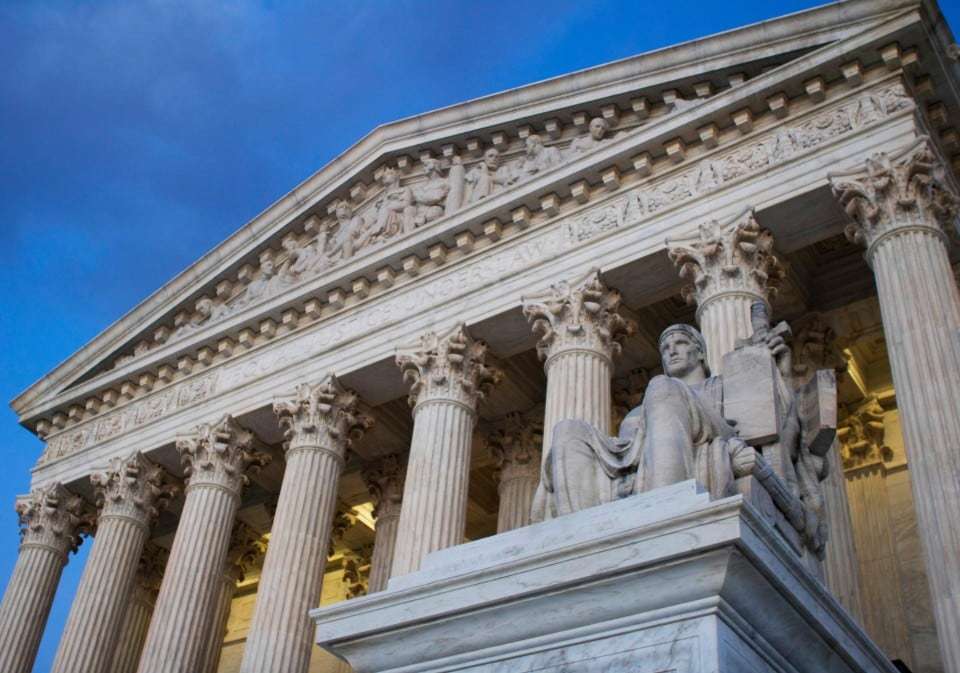The Volokh Conspiracy
Mostly law professors | Sometimes contrarian | Often libertarian | Always independent
Will the Supreme Court protect the due process right to pursue an occupation?

The Yale Law Journal Forum recently published my essay, "The Due Process Right to Pursue a Lawful Occupation: A Brighter Future Ahead?" Here is the abstract:
The ghost of Lochner hangs over due process challenges to laws that restrict entry to occupations. In an attempt to vanquish the remnants of Lochner and similar pre-New Deal cases, the Supreme Court established and applied a weak rational basis test to evaluate all economic regulation, including occupational regulations, leaving very little room for successful challenges.
Recent precedent, however, suggests that courts are becoming more protective of the right to pursue an occupation. The gradual undermining of standard critiques of Lochner and its progeny on the one hand, and the spread of costly and restrictive occupational licensing to jobs that pose minimal risk to public well-being on the other, have ignited debate over whether strict judicial deference to even the most arbitrary and abusive licensing laws is appropriate.
Meanwhile, the unofficial demise of the fundamental/non-fundamental rights dichotomy in the Supreme Court's due process jurisprudence, combined with a rising generation of judges, liberal and conservative, who may not share their predecessors' reflexive hostility to meaningful judicial oversight of occupational restrictions, provide a glimmer of hope that the right to pursue a lawful occupation free from unreasonable government regulation will soon be rescued from constitutional purgatory.
I wrote the essay before we knew the outcome of the 2016 presidential election. Perhaps ironically I was more sanguine about the near-term prospects for the right to pursue an occupation under a liberal Supreme Court than under a conservative Supreme Court. For one thing, I argued that liberal-majority court would be less frightened of "Lochner" than would a conservative court still struggling with the legacy of Roe v. Wade. For another, both the Obama administration and the Clinton campaign expressed strong hostility to the spread of occupational licensing laws to various innocuous professions, and the justices always prefer to pursue innovative constitutional doctrine when the underlying issue has political support from their ideological compatriots.


Show Comments (0)